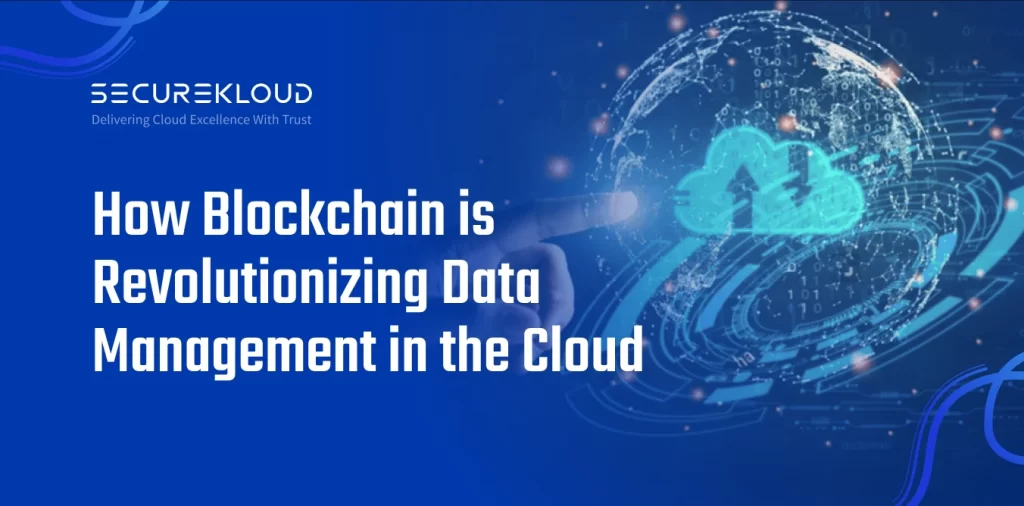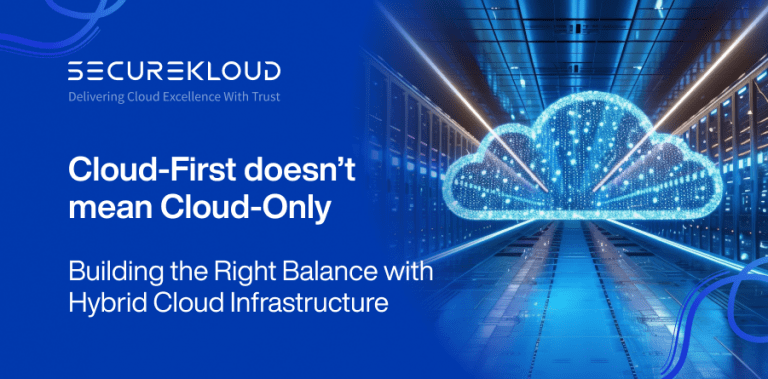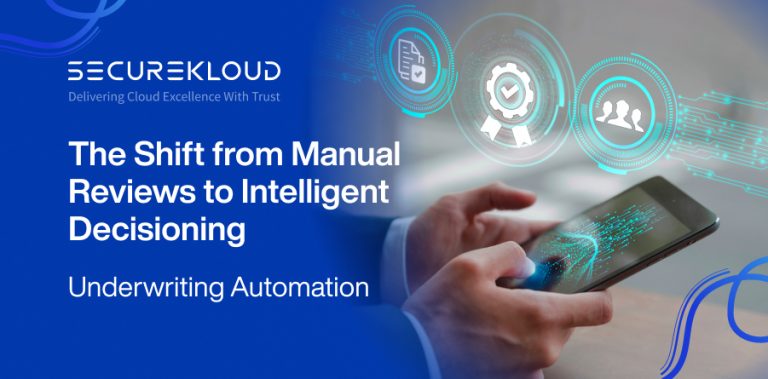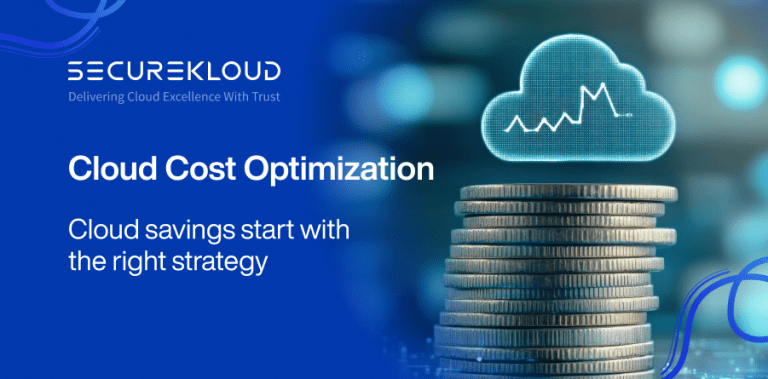- 4Minutes
- 710Words
- 126Views
Cloud computing forms the basis of most modern businesses, as it offers scalability at low cost as opposed to data management. On the other hand, the big concern remains about the security and privacy of stored data in the cloud. Blockchain cloud management thereby provides promising solutions to these challenges.
First let’s dive into the basics and understand more about blockchain for cloud.
What is Blockchain?
How Blockchain Can Revolutionize Cloud Data Management
- Improved Data Security: There is a high level of cloud data security in blockchain. Since the storage of data is performed at multiple computers on the network, it is considered very difficult for any hacker to have access or even tamper with them.
- Improved Data Integrity: Since the blockchain disallows unauthorized changes, this is an assurance that data integrity has been maintained. Once something is recorded on a blockchain, that data cannot ever be changed or deleted.
- Increased Transparency: The blockchain technology essentially means transparency in data management processes. All the transactions are recorded on the blockchain, thus making tracking and auditing of data usage quite easy.
- Reduced Costs: Blockchain can lessen the many costs involved in cloud data security management. Blockchain reduces processes and operational expenditure since it does not require the use of third-party intermediaries.
The decentralized, immutable, and transparent nature is the main reason blockchain can be a powerful tool for the revolution of cloud data security management. Following are some key use cases:
Supply Chain Management
- Improved Transparency: Blockchain offers real-time visibility into every step of the supply chain, from the sourcing of raw materials to the delivery of the final product.
- Reduced Fraud: Blockchain, in a way, builds an immutable record of the transactions that aid in preventing counterfeit products, apart from other fraudulent activities.
- Improved Traceability: The origin of each product can be traced, thus enabling quicker recalls and improvements in quality control.
- Secure Patient Records: Medical records of the patients can be kept on the blockchain, thus not being available to unauthorized parties.
- Efficient Data Sharing: To enable smooth care coordination, patients can provide healthcare professionals specific access to their medical records.
- Reduced Administrative Burden: Blockchain reduces administrative costs due to automation of processes such as claims processing and thereby sharing the data.
Financial Services
- Efficient Transactions: Transactions on a blockchain often prove to be faster and more affordable than traditional methods.
- Improved Security: Smart contracts could automate the consideration, execution, and enforcement of contract terms, reducing fraud and errors.
- Improved Cross-border Payments: Blockchain can arguably perform cross-border payments more efficiently and quicker than so far provided, at less cost and with less delay.
Internet of Things-IoT
- Data Security: Blockchain can provide cloud data security for the sensitive data generated by IoT devices against cyber-attacks.
- Efficient Data Management: The technology is capable of availing decentralized, immutable ledger functionality for better IoT data management.
- Improved authentication of devices: Blockchain provides the authentication of IoT devices thus preventing unauthorized access.
Challenges and Considerations
- Scalability: It is not very easy to scale blockchain technology for cloud large-scale data-management applications.
- Complexity: Blockchain can be complex to implement and manage, requiring specialized expertise.
- Interoperability: Given the large number of blockchain platforms existing today, different systems cannot easily interoperate with each other.
Blockchain has the potential to revolutionize cloud data security management by providing improved security, integrity, transparency, and cost-effectiveness. As blockchain for cloud technology continues to evolve, we can expect to see even more innovative applications in the cloud management domain.



